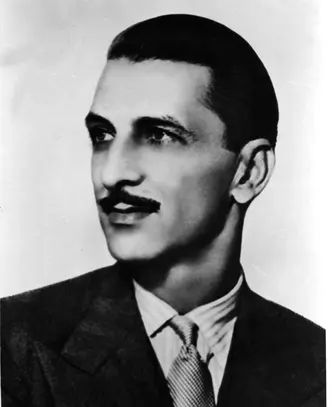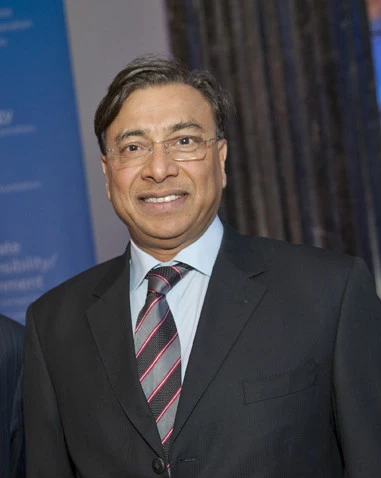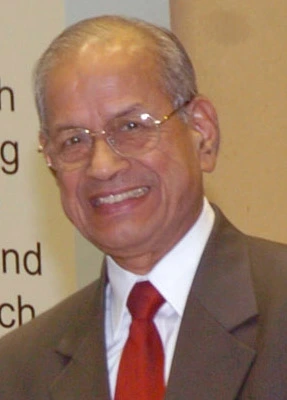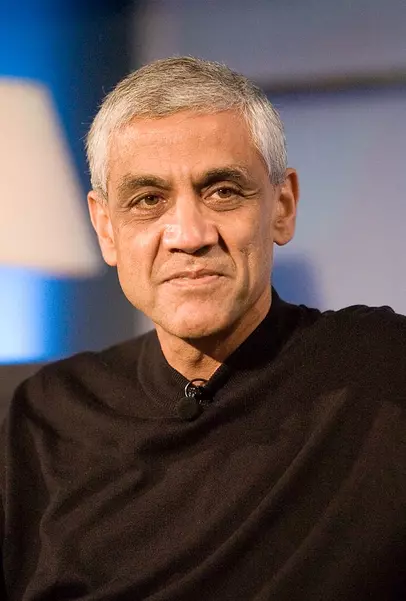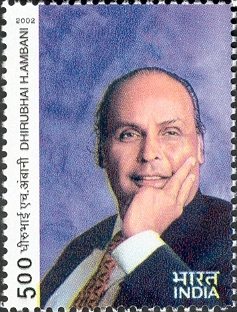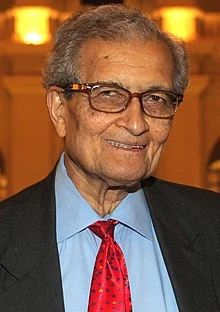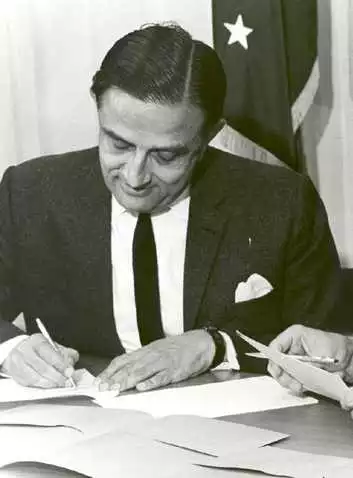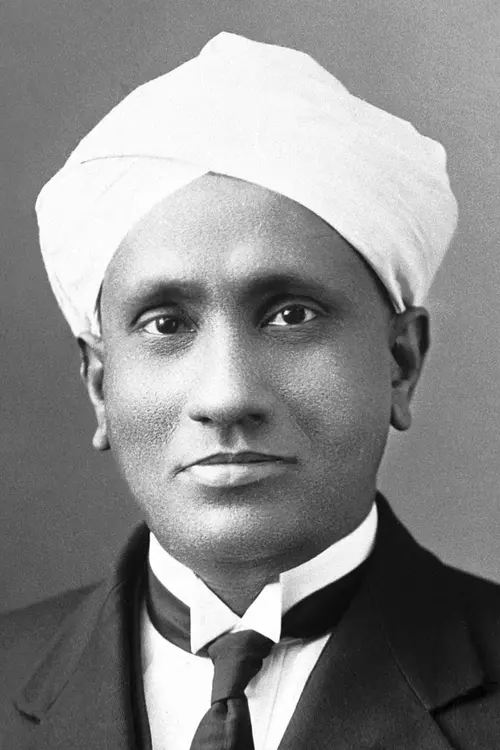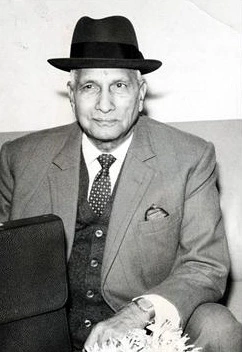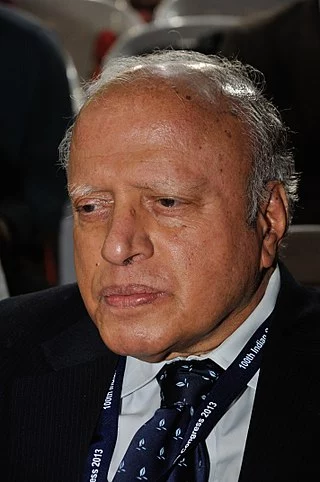About - Homi J. Bhabha
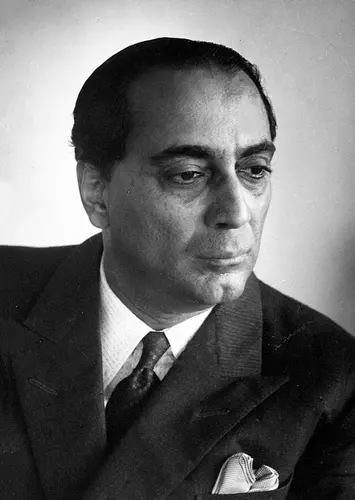
Homi Jehangir Bhabha (1909-1966) was an Indian physicist and mathematician who is widely regarded as the father of India's nuclear program. He played a crucial role in laying the foundation of India's nuclear research and development, and his contributions were instrumental in establishing the Tata Institute of Fundamental Research (TIFR) and the Atomic Energy Commission of India.
Here is a brief biography of Homi Bhabha:
- Early Life and Education: Homi Bhabha was born on October 30, 1909, in Mumbai, India, into a wealthy Parsi family. He showed an early aptitude for mathematics and science. He completed his early education at Cathedral and John Connon School in Mumbai and later pursued his undergraduate studies in physics at Elphinstone College. Bhabha then went to Cambridge University in England to pursue his doctoral studies in physics.
- Scientific Career: At Cambridge, Bhabha worked under the guidance of renowned physicist Sir Ernest Rutherford. He conducted research on cosmic rays, which led to the development of the concept of the "Bhabha scattering," a significant contribution to quantum theory. He also made significant contributions to the understanding of electron-positron annihilation and the behavior of high-energy particles.
- Return to India: In 1939, Bhabha returned to India and joined the Indian Institute of Science in Bangalore as a reader in physics. He became deeply involved in scientific research and made efforts to establish a premier research institution in India. In 1945, he founded the Tata Institute of Fundamental Research (TIFR) in Mumbai, which became a leading institution for research in physics and other areas of science.
- Nuclear Program and Atomic Energy Commission: Bhabha recognized the potential of nuclear energy and spearheaded the establishment of India's nuclear program. He played a key role in the formation of the Atomic Energy Commission of India in 1948 and became its first chairman. Under his leadership, India's nuclear research program flourished, leading to the establishment of nuclear power plants and the development of nuclear weapons capability.
- Legacy: Homi Bhabha's vision and leadership laid the groundwork for India's nuclear research and development. He played a significant role in shaping the scientific community in India and fostering international collaborations. His contributions to particle physics and nuclear science continue to be recognized and appreciated globally.
- Death: Tragically, Homi Bhabha's life was cut short when he died in an airplane crash on January 24, 1966, while traveling to Vienna, Austria.
Homi Bhabha's legacy continues to inspire generations of scientists in India and around the world. His contributions to physics, nuclear science, and his vision for scientific research have left an indelible mark on India's scientific community.
Homi J. Bhabha Social profile links
| Date Of Birth | 30-10-1909 |
| Birth Place | Mumbai, Maharashtra, India |
| Wikipedia Page | Click here to visit Homi J. Bhabha Wikipedia page |
“Famous Quotes
Homi Bhabha, the renowned Indian physicist and founder of India's nuclear program, is not widely known for specific quotes. However, here are a few statements attributed to him that reflect his thoughts and ideas:
1. "The essence of scientific research is the perpetual search for truth, and the conviction that there are no limits to human knowledge."
2. "A scientific discovery is not an end; it is a beginning, a step on the path to further progress."
3. "Science knows no boundaries; it is a universal language that unites humanity in the pursuit of knowledge."
4. "Education is the key to unlocking the potential of young minds and empowering them to contribute to the progress of society."
5. "Scientific research should not be confined to laboratories; it should be integrated into our everyday lives, addressing the challenges of society."
6. "The pursuit of knowledge requires curiosity, perseverance, and the willingness to challenge existing paradigms."
7. "Science and technology are powerful tools for socio-economic development, and they must be harnessed responsibly for the benefit of all."
8. "Nuclear energy holds immense potential for peaceful applications, such as electricity generation and medical diagnostics."
9. "Collaboration and exchange of ideas among scientists and researchers across borders can accelerate progress and foster global development."
10. "The youth of today are the torchbearers of tomorrow's scientific advancements. They must be encouraged and supported in their pursuit of knowledge and innovation."
Please note that these quotes are attributed to Homi Bhabha based on his overall philosophy and ideas, but it's always essential to verify the accuracy of specific quotes from reliable sources.


